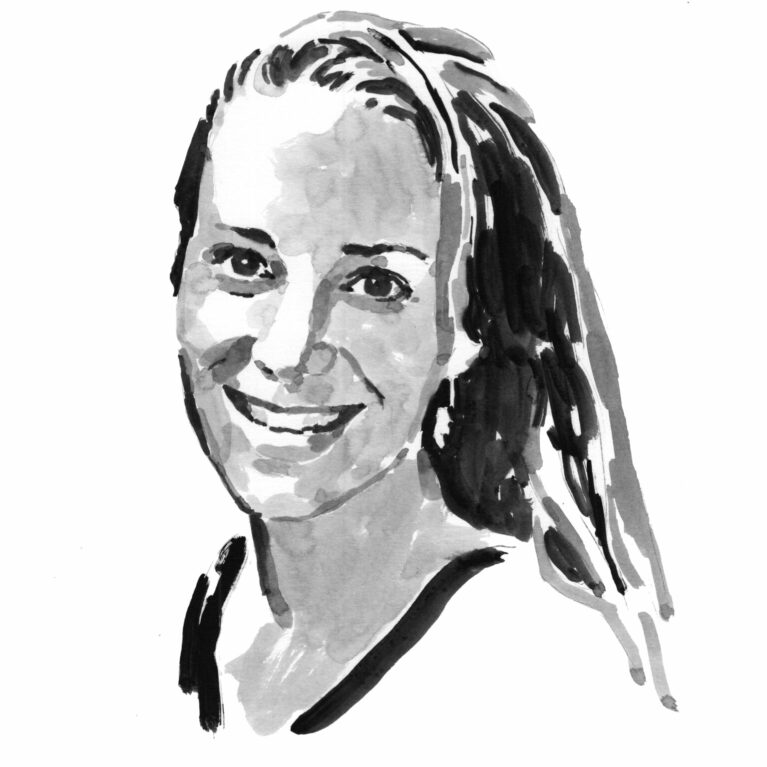Candice Brittain

Who I am
From a young age, I have loved being outdoors and spending as much time as I can on adventures to uncharted territories to collect different creatures for examination. I have always been drawn to water and embarked on a career in marine conservation that propelled me to different roles in several countries around the globe. During these adventures I found myself in the South Pacific and quickly discovered the importance of including communities in conservation efforts if the outcome is to be successful. In order to conserve biodiversity, you have to prioritise people’s needs and well-being. This realisation led me on a career path towards education and supporting capacity-building within communities. I am privileged to live and work with communities in The Bahamas, ‘the most beautiful place from space’.
Where I work
I work for the Cape Eleuthera Island School, a non-profit organisation that encompasses four schools, a marine research institute and a sustainable engineering division. We focus on education, research, conservation and sustainability.
My role is dynamic. I work with students, local community members, scientists, engineers, partner organisations and government ministries to design and implement projects that have been requested by stakeholders and match the expertise within our organisation. Therefore, the most important part of my role is to listen. I lead our community outreach division, Island School Outreach, and the recently launched The Lab School Initiative in partnership with The Bahamas Ministry of Education. The purpose of The Lab School is to enrich the national standard of education throughout The Bahamas by implementing evidence-based best practices in curriculum design, instruction and assessment within a place-based educational model. The expectation is that the model is transferable and will be successful in other schools, and that it will set a precedent for additional schools to transition into place-based, experiential education utilising high-impact strategies in alignment with the Bahamian national curriculum.
At The Lab School, we have prioritised students’ access to healthy food and established literacy interventions, as this is the greatest predictor of a child’s future academic success. We support students in choosing their own level-appropriate reading materials for one-on-one engaged reading time for literacy growth. Building on these fundamental priorities, we have incorporated opportunities for place-based environmental education.
What I do
Our approach to education is not traditional. I am fortunate to work with a team of scientists, who are also experienced educators, to deliver the learning outcomes of the national science curriculum in The Bahamas. You won’t find students in our classrooms reading science textbooks; instead we challenge them to work alongside researchers and engineers to solve real-world problems. We find that children build a greater understanding of content and applied skills by doing real work. We challenge students to find the answers to their own questions. A normal school day for us would be a visit to a local mangrove system, with a scavenger hunt to discover different species that rely on this habitat and observe how animals use its structures. Students grapple with the implications of removing mangroves and discover why this habitat is so important to marine ecosystems as well as the humans who rely on it as a buffer against storm damage and coastal erosion.
During these activities, children gain exposure to their local environment and some of the challenges the ecosystems are facing. The students build an affinity for their local natural environment through these programmes and can decide if they want to become environmental stewards. We share opportunities for children to learn how to become advocates for the environment and to make a change in their world.
By learning more about our project, I hope you will be as inspired by the next generation of environmental leaders in The Bahamas as I have been!
